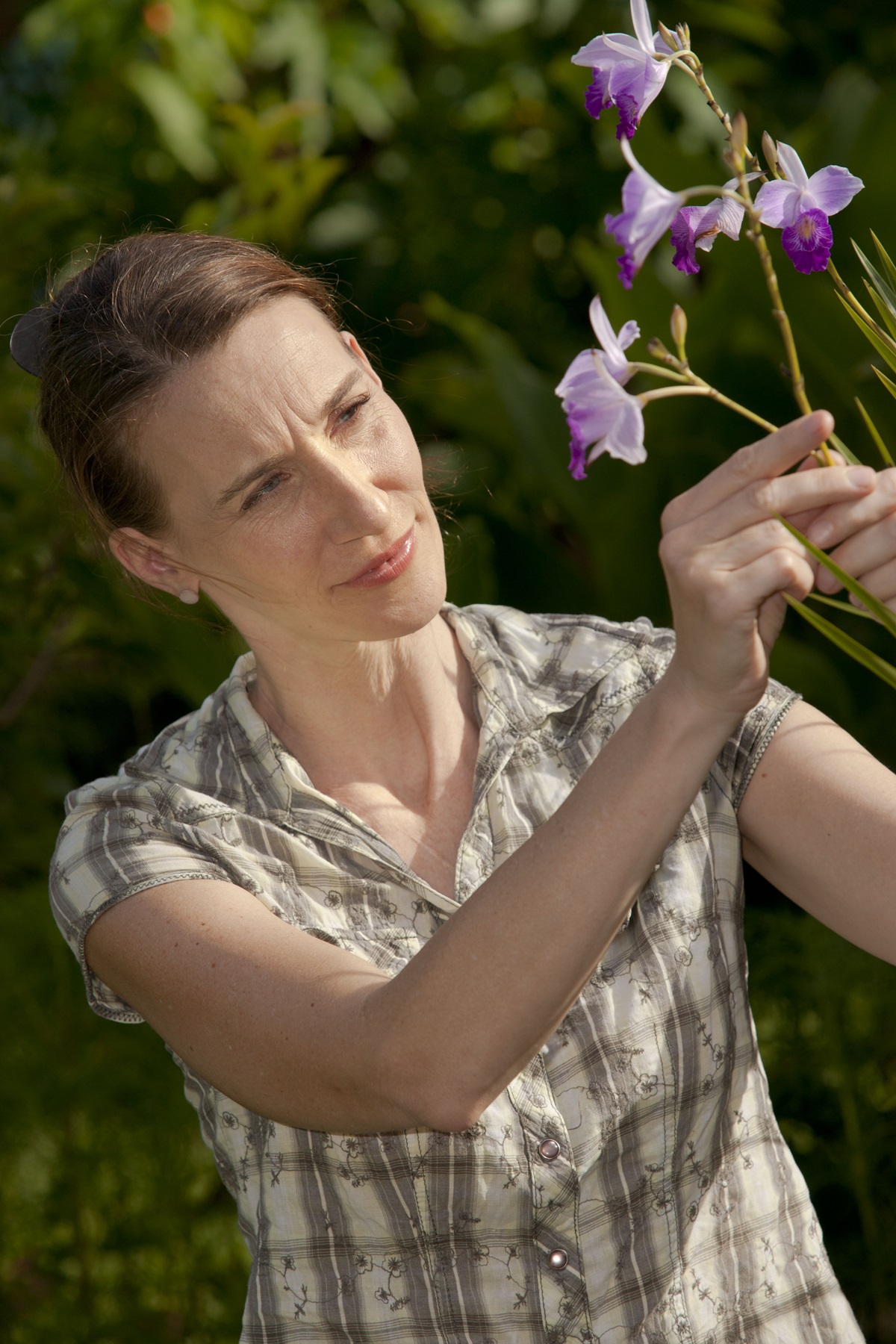Featuring case studies from three companies – IKEA, Woolworths and BGIS – the guide contains resources and a framework for other employers. Associate Professor Betina Szkudlarek from the University of Sydney and Dr Jeannie Lee from the University of Newcastle said the case studies show that hiring refugees is a win for the organisations, workers, and Australian society.
“In many industries, Australia is in the middle of a labour shortage. At the same time, throughout the pandemic, many refugees have been urgently searching for work but coming up short,” said Associate Professor Szkudlarek from the Business School explained.
Data from the Australian Institute of Family Studies shows only a quarter of refugees who arrive in Australia find employment within two years of arriving in the country.
We hope that many more Australian companies heed our call to hire refugees as a special diversity category.
But Associate Professor Szkudlarek’s previous research shows that once refugees are settled at work, they had high productivity and low turnover rates.
“The lack of local experience and ‘insider’ knowledge for refugees seeking employment can be a big barrier. But once those barriers are lowered, or better yet, removed, the benefits for business and employees flow,” Associate Professor Szkudlarek said.
The guide was co-sponsored by the Crescent Foundation. Foundation Executive Director, Dr Sayd Farook said the development of the employers’ guide was a natural extension of the Foundation’s work to remove barriers to achievement for refugees and those less well-off in society.
“The leadership of Australian and multinational corporations all recognise that diversity and inclusion is a major contributor to the dynamism and vitality of their workforces and communities,” Dr Farook said.
“We also know that corporations recognise that refugees are an important part of that diversity as they bring to bear many valuable traits that can appeal to employers – in particularly their grit and perseverance. We hope that many more Australian companies heed our call to hire refugees as a special diversity category.
“Doing so will create positive ripple effects not only for the companies but also for these new Australians as they settle here and contribute so much to our economy.”
Corporate refugee support in action
One year ago, IKEA partnered with Community Corporate to help create and deliver the IKEA Skills for Employment Program to help overcome key barriers to employment for refugees.
The eight-week paid placement operates in all 10 stores across Australia, including IKEA Tempe, Rhodes and Marsden Park. The program provides participants with an introduction to the Australian workplace, an introduction to the IKEA ways of working, skills training, an opportunity to build their English language confidence, and a reference. The program aims to support 180 refugees and asylum seekers by mid-2023.
“Having a collaborative partner who worked with us to co-design the program and was closely involved in all aspects of the implementation, helped us make this program a success,” said Harriet Pope, Skills for Employment Project Leader at IKEA.
With businesses performing up to 35 percent better with a diverse workforce than those without, the program is proving mutually enriching to IKEA through:
- Access to a new talent pool who are highly motivated, adaptable and loyal
- The turnover rate for participants who remained with IKEA is significantly lower than the average coworker turnover rates for IKEA Australia
- The absenteeism rate for participants is significantly lower than the average coworker absenteeism rates for IKEA Australia
- Creation of a more diverse work environment, enabling us to better support the needs of our diverse customers
- Learning and development opportunities for our co-workers as they mentor programme participants
- Increased employee engagement in the purpose of a company, building pride, trust, and an inclusive culture








